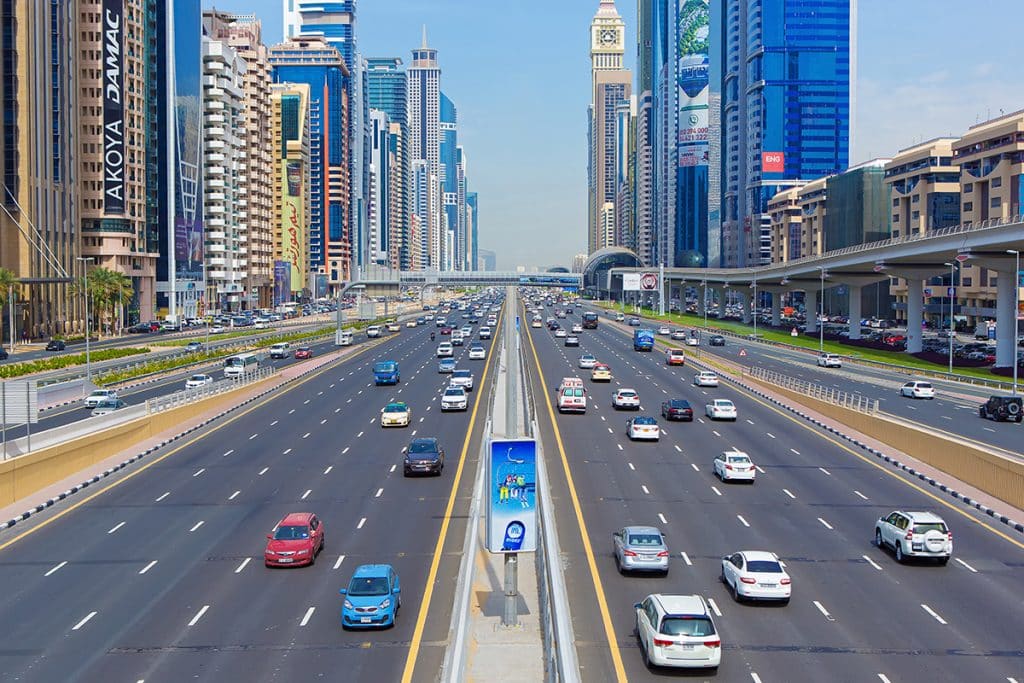Dubai’s morning traffic issues may soon improve, as a new study indicates that implementing flexible work hours and remote work options could reduce peak travel times by as much as 30%. These findings stem from two surveys conducted in partnership with the Dubai Government Human Resources Department (DGHR) and the Dubai Roads and Transport Authority (RTA), highlighting the significant impact of flexible work policies.
The study’s conclusions come after Sheikh Hamdan bin Mohammed bin Rashid Al Maktoum, Crown Prince of Dubai, Deputy Prime Minister, Minister of Defence, and Chairman of The Executive Council, endorsed Dubai’s Traffic Flow Improvement Plan. This initiative is part of the emirate’s broader vision to enhance urban mobility and alleviate congestion, aiming to improve the quality of life for residents and boost workplace efficiency.
Impact of Flexible Work Policies
Around one-third of private companies in Dubai have already implemented remote work or flexible scheduling, yielding positive results in reducing traffic during peak hours. This trend aligns with global movements toward workplace flexibility, as organizations increasingly acknowledge the advantages of remote and hybrid work arrangements for both productivity and employee well-being. Dubai’s proactive approach to these solutions underscores its commitment to fostering a more sustainable and efficient urban landscape.
Urban planners in Dubai believe that encouraging these flexible work policies will not only benefit commuters but also enhance the city’s overall economy by promoting a better work-life balance, minimizing environmental impact, and bolstering economic resilience.





